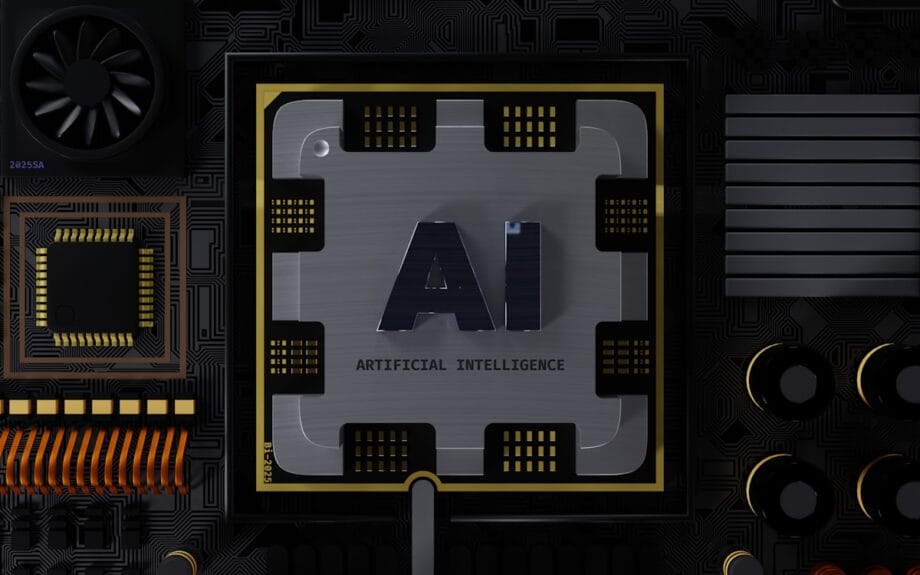Nvidia H200 AI Chips: Potential Policy Shift on Sales to China
The Trump administration is currently deliberating the possibility of allowing Nvidia to recommence the sale of its highly-regarded H200 artificial intelligence chips to China. This consideration emerges amid a precarious technological détente between Washington and Beijing, according to recent reports.
Commerce Department Reviews Export Controls
The U.S. Commerce Department, the authoritative body on export regulations, is assessing a modification to its extant restrictions that impede Nvidia’s ability to market these sophisticated chips to Chinese clients.
Acknowledging the uncertainty of these deliberations, officials have underscored that no definitive resolution has been reached, with potential changes still subject to alteration, as highlighted by Reuters.
Nvidia Faces Competitive Disadvantage
Nvidia refrained from directly addressing these regulatory discussions in its communication with Reuters. However, the company expressed concern that under the present stipulations, it lacks the capability to offer a competitive AI data center chip in China, thereby ceding a significant segment of its market to rapidly advancing international competitors.
Impact of Recent Trade Truce on Chip Sales
This potential re-evaluation of high-end chip sales signifies a notable tonal shift following a recent trade and technology truce negotiated between President Trump and President Xi Jinping during their discussions in Busan. The agreement aims to ameliorate tensions that have escalated amid years of restrictive policies.
Concerns Over Military Applications
Despite the prospects for a policy shift, apprehensions persist within Washington. Critics, particularly those known as “China hawks,” argue that granting Beijing access to superior AI chips may bolster its military prowess, echoing the very rationale that propelled the Biden administration to enforce stringent export limitations.
Shifting Stance on China Technology Policy
Throughout this year, Trump’s position on Chinese tech policy has exhibited considerable inconsistency. Although he has cautioned against China’s increasing control over rare earth mineral exports, which could potentially disrupt global technology supply chains, he has nevertheless retracted many of the additional limitations he previously considered.
The H200 Chip’s Enhanced Capabilities
Introduced two years ago, the H200 chip boasts significantly augmented high-bandwidth memory compared to its predecessor, the H100. This enhancement enables it to process data at a markedly higher speed, with estimated processing power nearly double that of Nvidia’s H20, which currently represents the most advanced chip permissible for export to China following a recent rollback of restrictions.
Nvidia’s Relationship with Washington
This prospective policy alteration unfolds alongside Nvidia’s leadership cultivating a robust rapport with the White House. Earlier this week, CEO Jensen Huang, who has received commendations from Trump as a “great guy,” participated in a White House event coinciding with the visit of Saudi Crown Prince Mohammed bin Salman.
Approval of Blackwell Chip Shipments

In a related development, the Commerce Department has sanctioned the shipment of up to 70,000 Nvidia Blackwell chips, the company’s latest AI processors, to Saudi Arabia’s Humain and the UAE’s G42, as reported by Reuters.
FAQs
What restricts Nvidia from selling H200 chips in China currently?
Existing U.S. export regulations prohibit the sale of top-tier AI data center chips to China.
Has Nvidia’s CEO participated in White House activities?
Yes, Jensen Huang was present at a White House event during the visit of Saudi Crown Prince Mohammed bin Salman.
Source link: M.economictimes.com.






